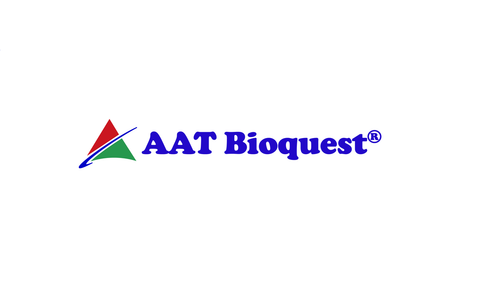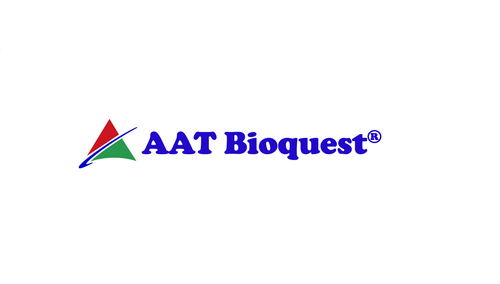Product Description
DNA-PK (phospho-Y2609) polyclonal Antibody | BS5066 | Bioworld
Host: Rabbit
Reactivity: Human
Application: IHC
Application Range: IHC: 1:50~1:200
Background: The phosphatidylinositol kinase (PIK) family members fall into two distinct subgroups. The first subgroup contains proteins such as the PI 3- and PI 4-kinases and the second group comprises the PIK-related kinases. The PIK-related kinases include Atm, DNA-PKCS and FRAP. These proteins have in common a region of homology at their carboxy termini that is not present in the PI 3- and PI 4-kinases. All of the members of the PIK-related kinases are also over 270 kDa. The Atm gene is mutated in the autosomal recessive disorder ataxia telangiectasia (AT) that is characterized by cerebellar degeneration (ataxia) and the appearance of dilated blood vessels (telangiectases) in the conjunctivae of the eyes.
Storage & Stability: Store at 4°C short term. Aliquot and store at -20°C long term. Avoid freeze-thaw cycles.
Specificity: p-DNA-PK (Y2609) polyclonal Antibody detects endogenous levels of DNA-PK protein only when phosphorylated at Tyr2609.
Molecular Weight: ~ 450 kDa
Note: For research use only, not for use in diagnostic procedure.
Alternative Names: DNA-dependent protein kinase catalytic subunit; DNA-PK catalytic subunit; DNA-PKcs; DNPK1; p460; PRKDC; HYRC; HYRC1
Immunogen: Synthetic phosphopeptide derived from human DNA-PK around the phosphorylation site of Tyrosine 2609.
Conjugate: Unconjugated
Modification: Phosphorylation
Purification & Purity: The Antibody was affinity-purified from rabbit antiserum by affinity-chromatography using epitope-specific immunogen and the purity is > 95% (by SDS-PAGE) .
Pathway: Tumor Angiogenesis,
 Euro
Euro
 USD
USD
 British Pound
British Pound
 NULL
NULL







![Phospho-DNA-PK (T2609) Antibody [APR05194G] Phospho-DNA-PK (T2609) Antibody [APR05194G]](https://cdn11.bigcommerce.com/s-452hpg8iuh/images/stencil/500x659/products/867034/1159101/logo__92149.1659788186__63852.1659863472.png?c=2)
